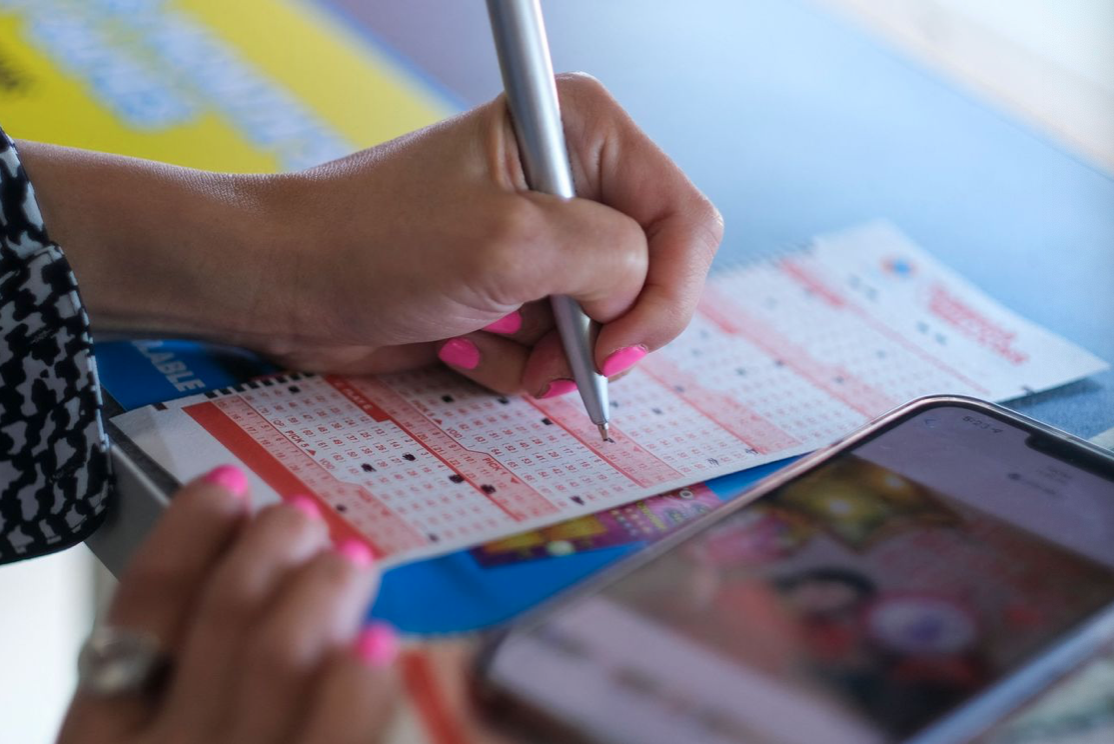
Two things tend to boost lottery-ticket sales: massive jackpots and economic downturns. Last week, both seemed to be in play.
On Thursday, the Commerce Department said the country’s gross domestic product, a broad measure of the goods and services produced, fell at an annual rate of 0.9% in the second quarter. This was the second quarter in a row to decline, a common definition of a recession.
Then, on Friday, Mega Millions had its second-largest drawing ever of $1.3 billion. The outsize jackpot generated $703.6 million in sales nationally, lottery officials said. For comparison, the $20 million drawing held April 19, which kicked off this run, accounted for $15.8 million in sales.
That people spent so much on lottery tickets on its own is no confirmation the economy is or isn’t in a recession. But the number of people grasping at a dollar a dream is an economic indicator of sorts, said David R. Just, an economics professor at Cornell University. Declines in GDP and incomes, and increases in unemployment, correlate with an increase in lottery-ticket sales, several studies have found.
“It’s a little bit of desperation,” Dr. Just said.
Judging whether high inflation and economic uncertainty is driving ticket buying is difficult because sales are tracked separately by each state.
In Arizona, for instance, sales for all draws and scratch-off games from July 1 to July 29 totaled $123.5 million, up 152% from the fiscal year-to-date projection, according to John Turner Gilliland, public information officer for Arizona Lottery. He says that big prizes like the 10-figure Mega Millions jackpot drive up sales significantly.
One of the stronger connections between the economy and the lottery sales that researchers have found is rising unemployment, economists say. Right now, unemployment remains low at 3.6% in June, but some indicators have pointed to a potential cool-down in the labor market. Data on Tuesday, for example, showed job openings in June fell to their lowest level since September 2021.
Not all economists are convinced that lottery sales are a useful metric for understanding the economy. Though several analyses found a link between lottery drawings and rises in unemployment, some studies found none.
The connection seems to be much stronger with scratch-off lottery games than the drawings, said Kent Grote, an economist at Lake Forest College who has studied state lotteries. One question that has yet to be studied is the impact of inflation on lottery sales, he said.











